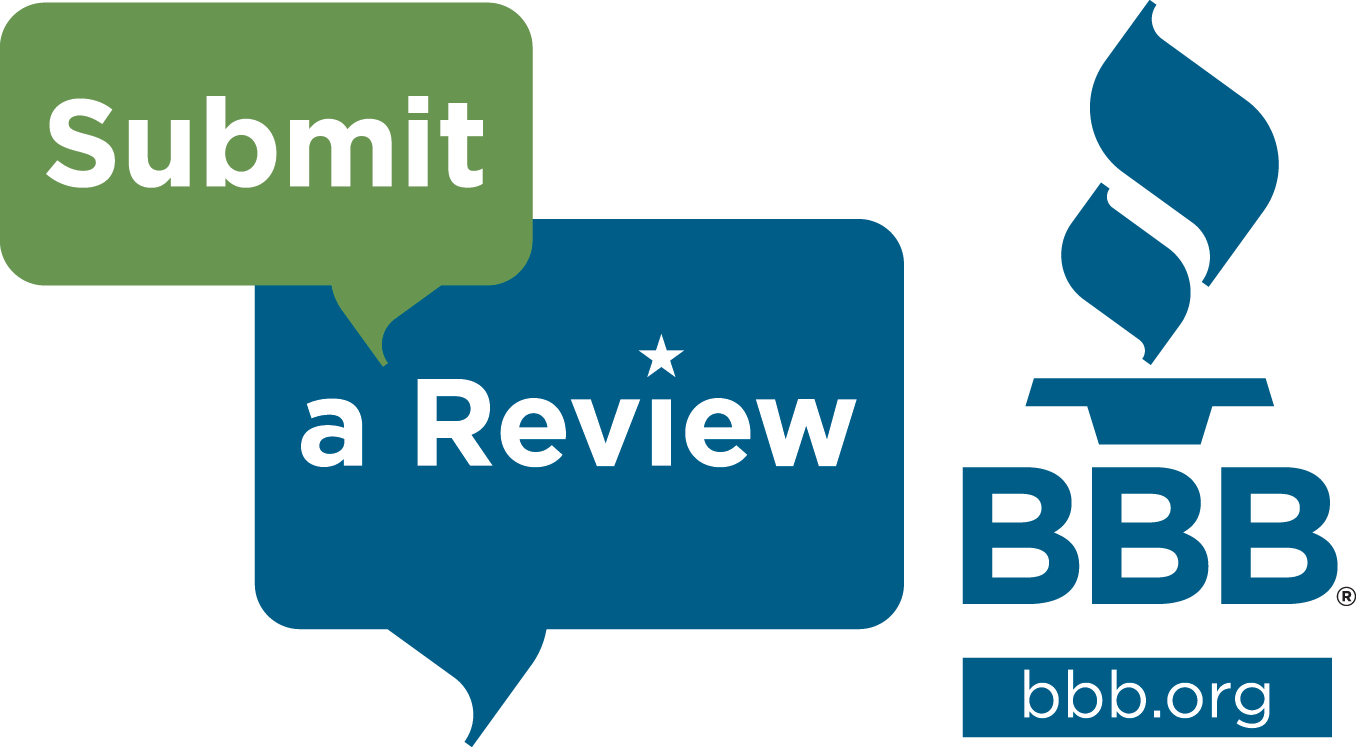FHA Facts for First-Time Homebuyers

Text sign showing hand written words FHA Home loan
What is an FHA loan?
An FHA loan is a mortgage that is insured by the Federal Housing Administration. The actual loan is funded by a traditional mortgage lender, but FHA backing means the lender is protected if the borrower defaults on mortgage payments. FHA-insured loans are less risky for lenders, allowing them to offer more lenient qualification standards. Because FHA loan programs offer easier qualifying guidelines than many other loan types, they can be a good option for borrowers who have poor credit or who may not have the funds to make a large down payment. Here are some facts about FHA loans.
An FHA loan allows a low down payment
The FHA only requires a down payment of 3.5 percent of the purchase price of the home. That’s significantly less than what is typically required on most other loans and is a huge advantage to borrowers. Borrowers can use their own savings to make the down payment, but other allowed sources include a gift from a family member, or a grant from a state or local government down payment assistance program.
FHA loan are easier to qualify for
Lenders are willing to give you a break because they are protected by the FHA if you default on mortgage payments. This can help first-time homebuyers, and borrowers with less-than-perfect credit qualify for a home loan.
Closing costs may be covered
The FHA allows sellers, builders, and lenders to pay some of the borrower’s closing costs, such as an appraisal, credit report or title expenses. If lenders agree to pay closing costs they typically charge a higher interest rate on the loan. Borrowers can figure out which loan option is right for them by using the good faith estimate (GFE) to compare interest rates and closing costs.
Lender must be FHA-approved
Borrowers need to get their loan through an FHA-approved lender. The FHA is not a lender, but rather an insurance fund. Not all FHA-approved lenders offer the same interest rate and closing costs. It’s important for borrowers to shop around because costs, services, and underwriting standards will vary among lenders or mortgage brokers.













